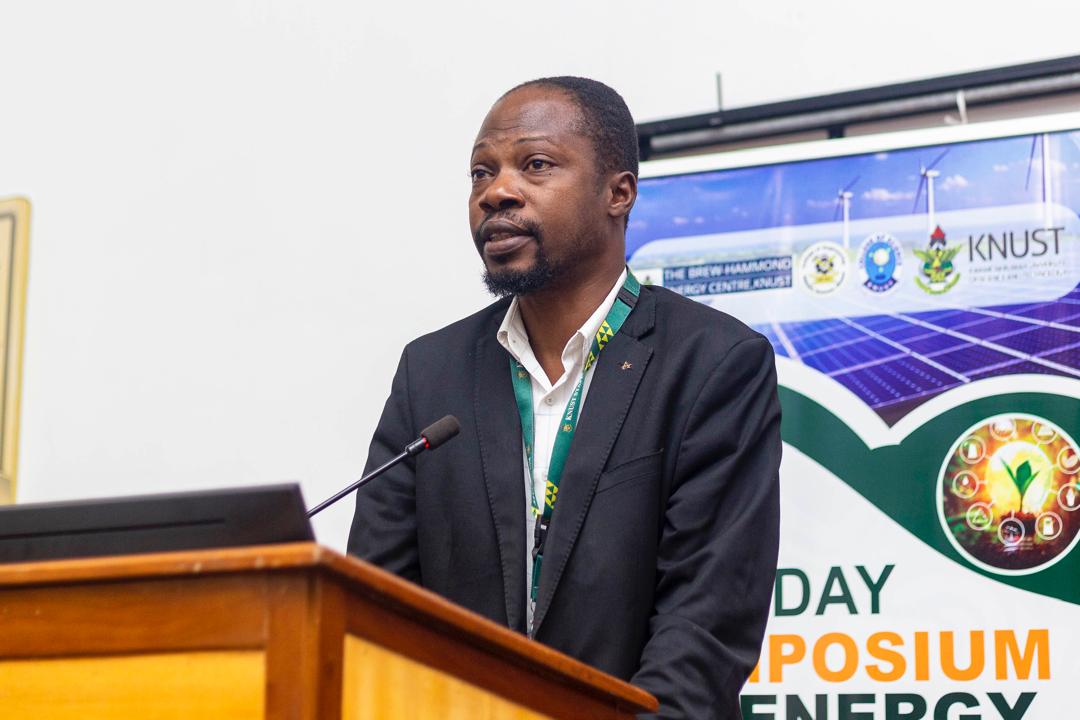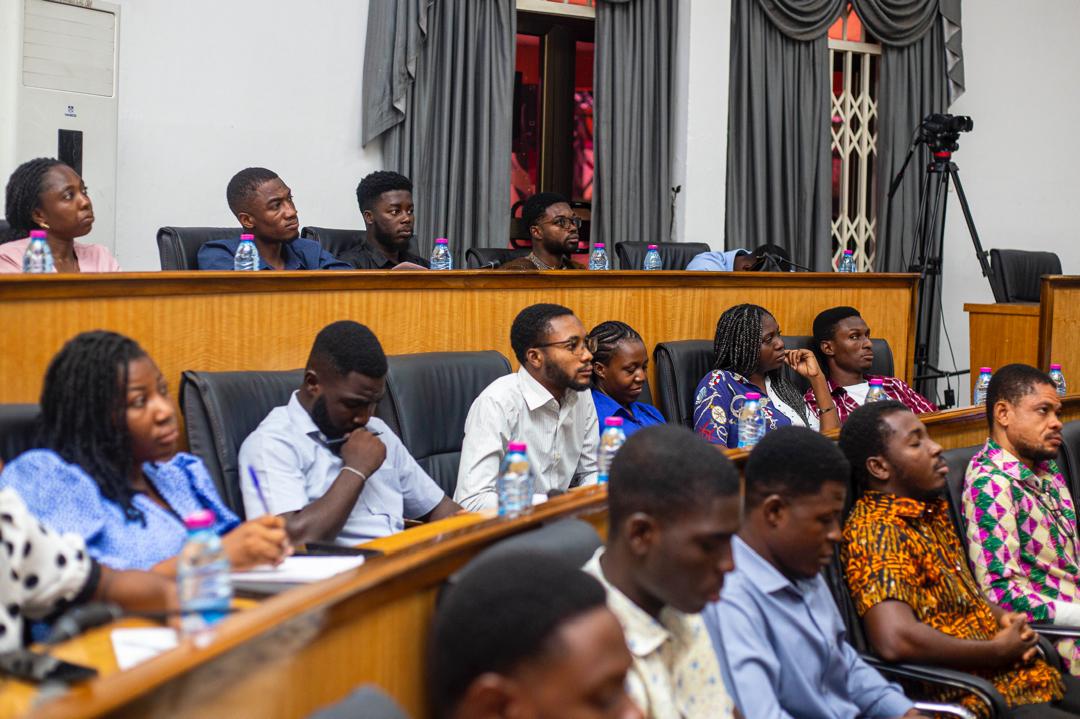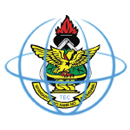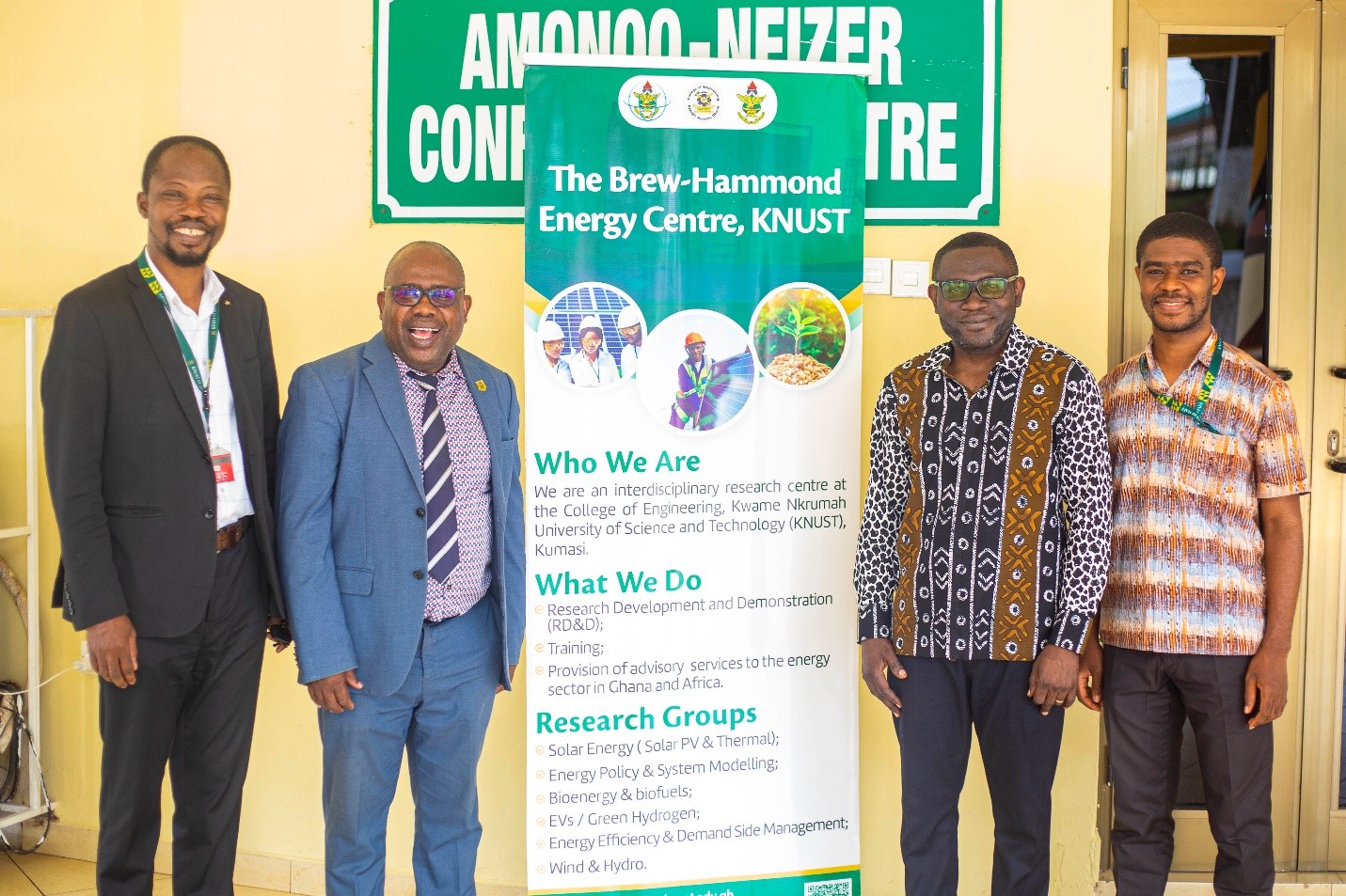The Brew-Hammond Energy Centre, KNUST, in collaboration with the Department of Meteorology and Climate Science, held a one-day hybrid symposium under the theme “Harnessing Meteorological Science for Low-Carbon Energy Solutions” at the IDL Auditorium on Tuesday, 29th April 2025.
The event brought together academics, industry experts, and policymakers to explore the intersection of meteorology and energy.

Professor Emmanuel Quansah, Head of the Department of Meteorology and Climate Science, underscored the urgent need for interdisciplinary collaboration in addressing climate change.
“Energy meteorology has emerged as a critical field for ensuring energy system reliability, efficiency, and resilience. This workshop aims to foster knowledge exchange, explore research opportunities, and encourage collaboration to advance energy meteorology,” he said.
He urged global cooperation in climate and energy science, adding:
“Let us use this opportunity to build partnerships and contribute meaningfully to the global sustainable energy agenda.”

The Director of the Brew-Hammond Energy Centre, Professor David Ato Quansah, commended the Centre for organising what he described as an educative and insightful event. He also emphasised the need for meteorological and energy experts to collaborate to develop reliable data and models that support the transition to low-carbon energy systems.
“How can you effectively deploy solar solutions when you don’t know how much solar energy is available?” he asked.
“The sun’s energy fluctuates daily and even hourly. To pursue low-carbon energy solutions, understanding the availability of resources like the sun, wind, and biomass is essential. You can’t design effective systems without that knowledge, this is where meteorology becomes critical.”
The event featured a panel discussion on the theme “Bridging the Gap: Meteorological Data for Energy Planning.” Panelists included Dr. Denis Edem K. Dzebre, Dr. Jeffrey N. A. Aryee , Dr. Michael Kweku Edem Donkor, and Mr. Frederick Kenneth Appiah of the Ghana Energy Commission. The discussion highlighted the vital network between meteorology and energy, stressing the importance of accurate and accessible data, particularly in forecasting solar and wind energy for informed decision-making in Ghana’s energy sector.

Participants also benefited from technical presentations on advancements in solar and wind energy forecasting, meteorological services to the energy sector by the Ghana Meteorological Agency (gmet), and a practical case study by Mr. Maxmillian Kwarteng of the Bui Power Authority, illustrating how climate data supports renewable energy optimization.
A key international contribution came from Dr. Jaqueline Drücke of the Deutscher Wetterdienst (DWD), Germany’s national meteorological service. She spoke on the use of satellite and Earth observation datasets in energy planning.

